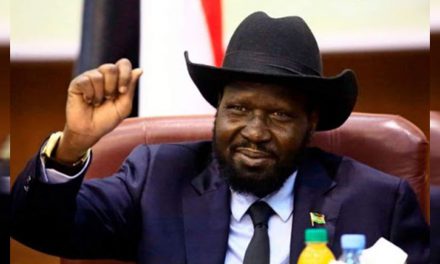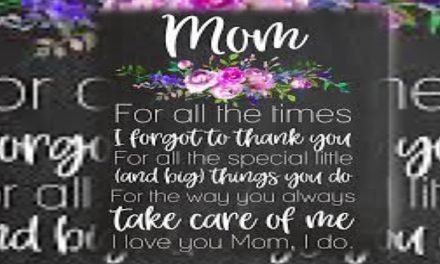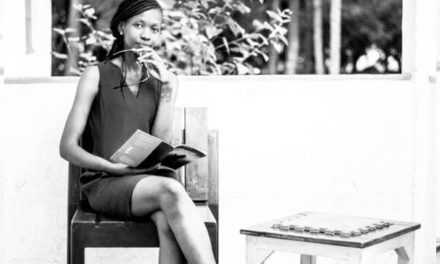
women share their frustration during election campaigns
The culture of campaigning dictated by money, has proven to be a hindrance for Kenyan women to join politics.
By Tebby Otieno
Maimuna Faruq, business woman. Former political aspirant. Photo by Tebby Otieno.
Maimuna Faruk is famously known by many as “MCA Kilifi,” a title she has carried for almost 19 years after she vied for Member of County Assembly (MCA) formerly known as councillor.
“In 2002, I vied for MCA here at Sokoni ward. By then I did not have job or business and so the challenge I encountered, I did not have money,” she said.
Ms Maimuna stays in Kilifi town, one of the counties in Kenya’s coastal regions. She says that politics has been in her blood.
“I love listening to political radio talk shows. That is how I slowly developed interest in politics,”
When she first vied for a political seat she was 20-year-old. Her main challenge during campaigns was the way people were so much interested in her money rather than her manifestos.
“Everywhere I used to go even before I could say anything I was asked to give out money and these are not individuals but a crowd. I still lost, they did not vote for me,” said Maimuna.
The influential politician got support from people around her. This is how she managed her campaign rallies then.
“My houseboys supported me. We used to leave together with them in the evening, driving around the town while campaigning everywhere. It was good because I am also known by many people now even if I lost,” she told The Insider South Sudan magazine.
Maimuna now runs a food restaurant within Kilifi town. She is also a Community Health Volunteer, she empowers her community on matters gender based violence, a vice she says is high in the area. She still believes that if she vies for MCA seat she will win, but her challenge is how she will raise campaign and nomination money.
“I have faith that even this time if I try I will get and now everywhere I pass people tell me, whether I like it or not, I am their MCA next year. We want to try a woman because this town has never had a woman MCA,” she said.
Challenges Ms Maimuna went through close to two decades ago are not unique. Time might be different but money still dictates the culture of campaigning in Kenya.
Jackie Mwangi, advocate, sole proprietor at Wanjiru Mwangi Advocates. Former political aspirant. Photo by Tebby Otieno
Jackie Mwangi vied for MCA seat in Riruta ward, Nairobi city in the 2017 general elections, she lost during the party nomination. Her interest in politics developed from her childhood’s interaction with political news.
“I have loved politics since I was a young girl. Then we never used to watch television much but we used to read a lot of newspaper and also my family has a lot of interest in politics.” said Ms Jackie.
The seat had about ten aspirants with only two being women. The culture of campaigning was dictated by money.
“I’m your child, I have grown here, I have schooled here you know me so why do you want me to give you something (money) so that I can convince you that I can lead? “Said Ms Jackie, mimicking how she used to campaign “I felt that the society was very unfair.”
Other than structural and cultural barriers, situational barriers have also proven to be a hindrance for women to join politics and Ms Jackie was not an exception.
“I can say politics in Kenya for women is tough and not because you are unable or you don’t have the capacity as a woman. It is because most people have not appreciated the fact that women can lead,” she said.
“Then I was a young mother and a young wife trying to juggle between being a mother and wife, also I had started my Masters. No resources but with a dream, so that was very challenging,” she reveals.
Ms Jackie appeals to Non-Governmental Organizations and political party leaders to support their candidates with campaign materials. This will see more women in politics.
“This is what I always tell people, if I had finances, then that seat could have been mine. Because you need money to campaign and it is true men have money more than women and it’s a fact we cannot run away from,” she told The Insider South Sudan magazine.
The Kenya Women Parliamentary Association (KEWOPA) is a membership association of all women parliamentarians drawn from across all political parties both elected and nominated in the Senate and National Assembly.
KEWOPA-Secretariat program manager, Rosemary Juma says the association has consolidated efforts in fundraising, lobbying and advocacy, researching and defending the position of women.
“Women in politics and leadership are the roadmap to development equality and gender justice in decision making. By having them in leadership, particularly debating how income comes to the government and how incomes are distributed, gender-sensitive considerations will be input” Ms Juma describes.
With 2022 general elections nearing in Kenya, KEWOPA-Secretariat looks forward to more women being elected equally as men.
“We want 50/50. Most importantly we want equity so that women are taking part in decision making and making impactful changes to our society because we have powerful women who are movers and shakers.” She expresses her expectations.
Political analyst, Moses Phillip Dananyeno Sakondo, says there must be both financial and skills empowerment of women leaders. This according to him will be the best solution to eliminating barriers that prevent women from elected office at every level of politics not only in Kenya but in other African countries as well.
“To realize Africa’s potential, we must invest reasonable resources in the empowerment of women’s organizations and women leaders,” Says Mr Sakondo.
According to the United Nations Women tally of women in politics as of January 1st 2020, Kenya is ranked at 92nd in the world with women in parliament at 21.8%.





















Recent Comments